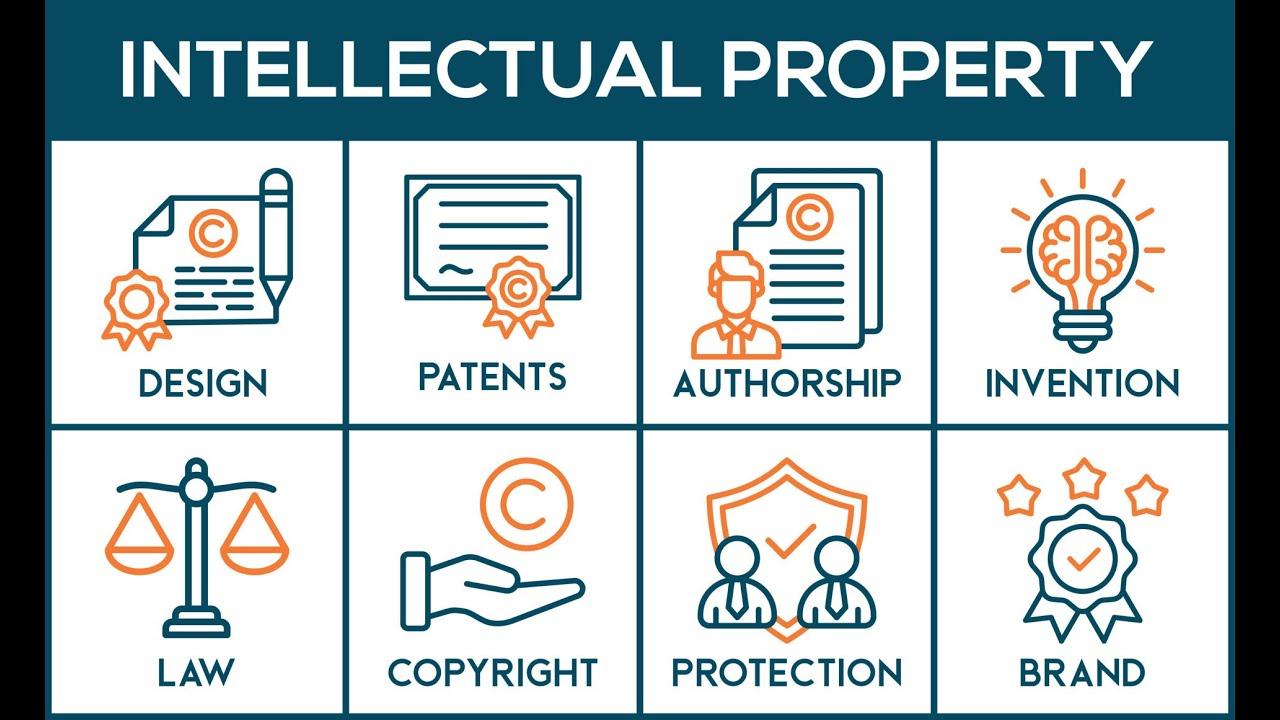
In the rapidly evolving landscape of digital marketing, YouTube has emerged as a powerhouse platform, where creativity meets commerce and influencers wield the power to shape consumer behavior. As brands increasingly turn to these online personalities to amplify thier messages, the world of influencer marketing becomes ever more complex. Enter the essential guide aimed at demystifying the intricate web of legalities that surround YouTube influencer collaborations. “Navigating Legalities: YouTube Influencer Marketing Guide” serves as a compass for marketers, creators, and brands alike, ensuring that their collaborations not only shine in the spotlight but also stay firmly within the bounds of the law. From disclosures and contracts to copyright and content ownership, this guide provides the critical framework necessary for triumphant partnerships in the digital age—making sure your marketing efforts are not only impactful but also legally sound. Join us as we explore the vital elements that will help you navigate this dynamic terrain, empowering your influencer marketing strategy with clarity and confidence.
Understanding the Regulatory Landscape of Influencer Marketing
In the ever-evolving world of influencer marketing, understanding the regulatory landscape is paramount for both influencers and brands aiming to create authentic partnerships. The Federal trade Commission (FTC) plays a crucial role in establishing guidelines that govern the relationship between content creators and their audiences. To ensure clarity and maintain consumer trust, influencers are required to disclose their partnerships. This involves clearly labeling sponsored content, using phrases such as “#ad”, “#sponsored”, or a straightforward declaration that they received compensation for the post.These disclosures need to be visible and comprehensible, ensuring that the audience can easily understand the nature of the relationship.
Aside from federal regulations, different platforms have their own specific requirements and community guidelines that influencers must adhere to. Here are a few considerations influencers should keep in mind:
- Platform Policies: Each platform, like YouTube, has its unique rules regarding advertising, making it essential for influencers to stay updated.
- consumer Protection Laws: Complying with laws that protect consumers’ rights, especially concerning misleading advertising.
- Copyright and Fair Use: Influencers must adhere to copyright laws when using music, images, or videos in their content.
In an industry driven by creativity, keeping abreast of these guidelines can safeguard influencers and brands against potential legal issues, ensuring a fair and ethical marketing surroundings.

Crafting Transparent Agreements: Best Practices for Collaborations
In the ever-evolving landscape of influencer marketing, establishing clear and transparent agreements is vital to foster trust and collaboration between brands and content creators. A well-defined agreement should articulate the scope of the collaboration, including deliverables, timelines, and compensation. Key elements to include are:
- Scope of work: Specify the type of content to be created, the platforms for publication, and any specific messaging or themes.
- Compensation structure: Outline how and when payments will be made—whether fixed fees, commissions, or product exchanges.
- Usage Rights: Clarify how content can be used by both parties post-campaign, including rights for repurposing and duration.
- Disclosure Obligations: Ensure understanding of legal requirements for sponsorship disclosures to comply with FTC regulations.
Maintaining transparency in agreements not only protects both parties but also enhances the overall partnership. Regular dialog and collaborative reviews of the campaign’s progress can further strengthen the relationship. Here’s a simple breakdown of how effective collaboration can be measured:
| Metric | Goal | Measurement Method |
|---|---|---|
| Engagement Rate | Increase by 15% | Social media analytics |
| Content Reach | Bump followers by 10% | Follower growth tracking |
| Sales Conversion | Grow sales by 20% | Sales report analysis |

navigating Disclosure Requirements: What Influencers Must Know
For influencers navigating the world of YouTube marketing, understanding disclosure requirements is crucial to maintaining trust with their audience and adhering to legal standards. When promoting products or services, it’s essential to clearly communicate the nature of the partnership. This can be achieved by incorporating specific phrases in your video descriptions and on-screen during the video. Here are key points to consider:
- Use Clear Language: Phrases like “paid partnership,” “sponsored content,” or “ad” should be prominently displayed.
- Disclose Early: mention any sponsorships or partnerships at the beginning of your videos to avoid misleading viewers.
- Follow Platform Policies: YouTube has its own set of community guidelines regarding disclosures, so be sure to familiarize yourself with them.
Proper disclosure is not just a legal necessity; it also fosters authenticity and builds a positive rapport with your followers. To streamline the process of ensuring compliance, creators can use the following checklist:
| Disclosure Checklist | Status |
|---|---|
| Identify partnerships before filming | ✔️ |
| Use clear and conspicuous language in the video description | ✔️ |
| Mention the nature of promotion at the start of the video | ✔️ |

Protecting Intellectual Property: Tips for Influencers and Brands
In the dynamic world of influencer marketing, safeguarding your creative outputs is vital. Whether you are an influencer promoting brands or a brand collaborating with creators, understanding how to protect your intellectual property can save you from potential disputes and losses. One effective way to ensure your content remains secure is by establishing clear contracts outlining ownership of the content produced during collaborations. This includes specifying rights to use, modify, and distribute the material, and also clarity on how long the brand can use the content after its initial release.
Moreover, staying informed about copyright laws is essential. Influencers should consider registering their original works, such as videos and graphics, to gain legal protection and deter unauthorized use.Additionally, brands can also implement proactive measures, such as creating a list of their trademarks and ensuring that any content created by influencers adheres to these identifiers. Here are a few helpful strategies:
- Use watermarks: Incorporate your logo on visual content that can be shared.
- Monitor usage: Regularly check platforms for unauthorized use of your content.
- Educate yourself: Understand the basics of copyright and trademark laws relevant to your content.
to Wrap It Up
navigating the complex landscape of influencer marketing on platforms like YouTube requires a keen understanding of the legal frameworks that govern this dynamic space. As brands and influencers collaborate to create engaging content, it is paramount to adhere to regulations and maintain transparency with audiences. By following the guidelines outlined in this guide, both creators and advertisers can forge authentic partnerships that not only foster trust but also drive success in their campaigns. As the digital landscape continues to evolve, staying informed and adaptable is crucial. With the right knowlege and ethical approach, your influencer marketing journey can be both fruitful and compliant, paving the way for a more responsible and innovative future in the ever-expanding world of online media. Happy creating!